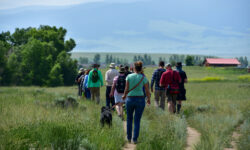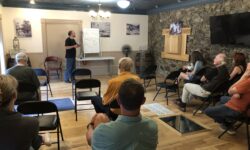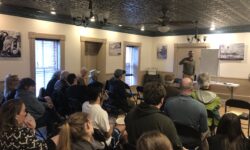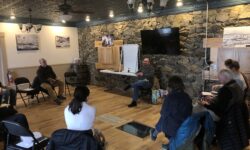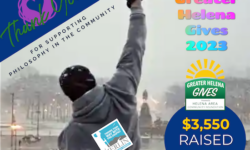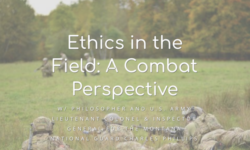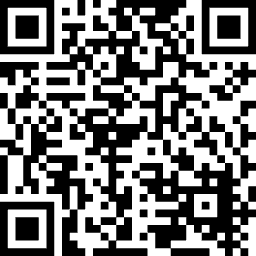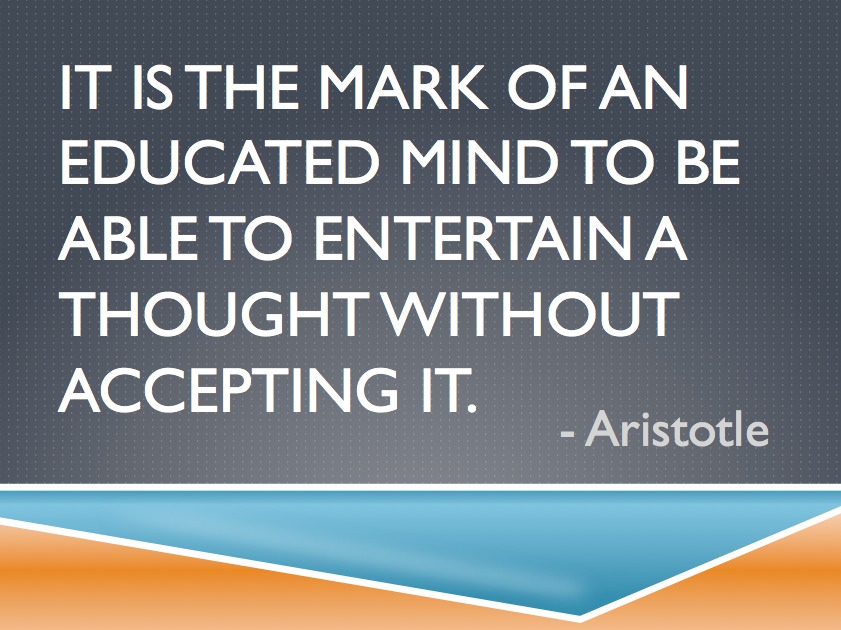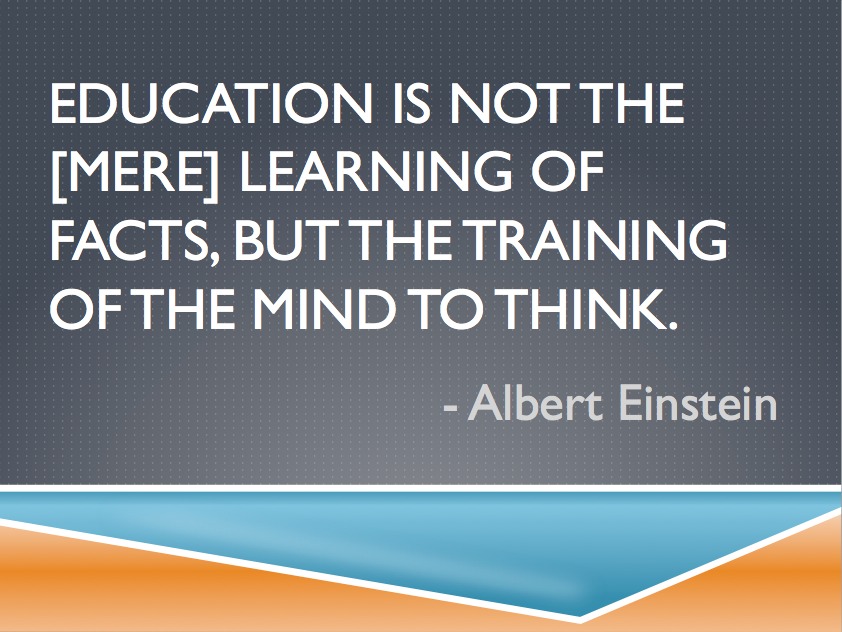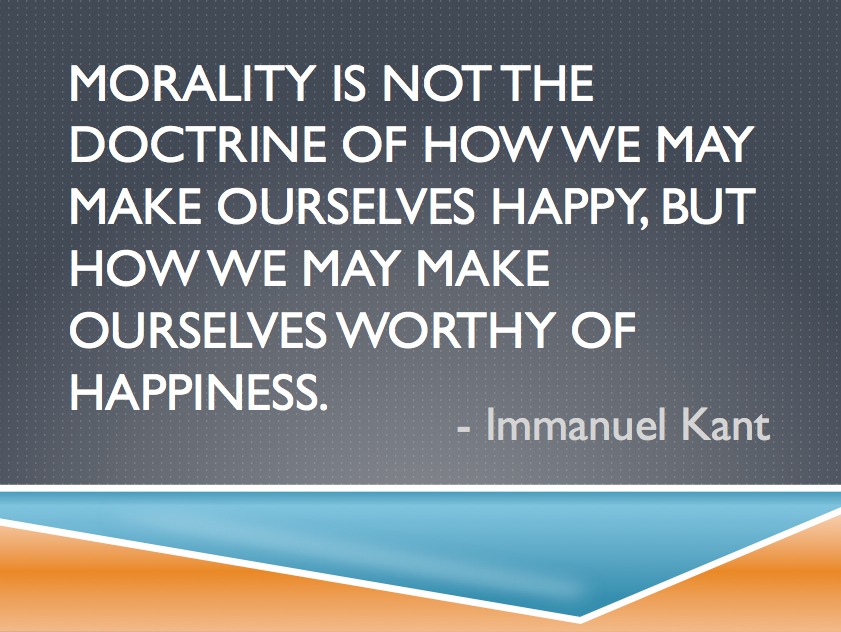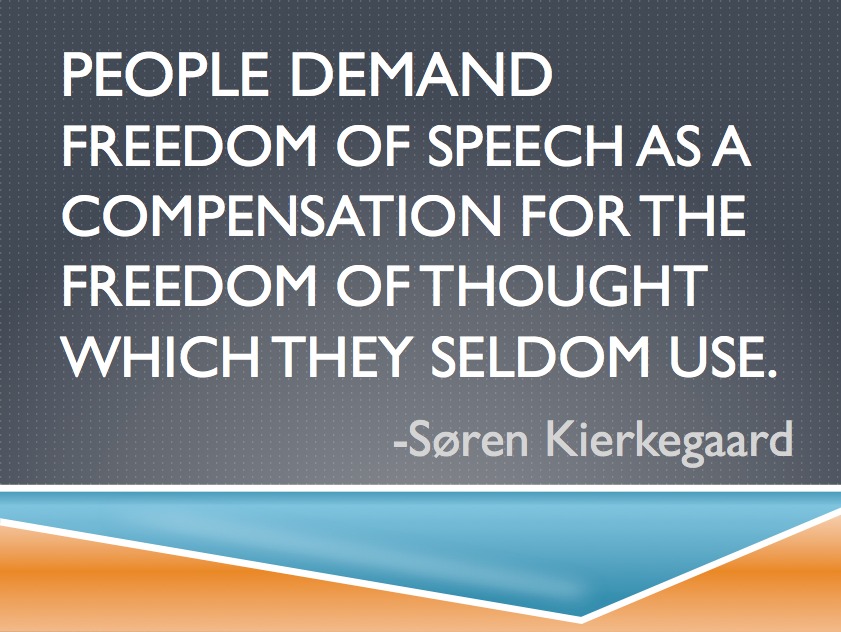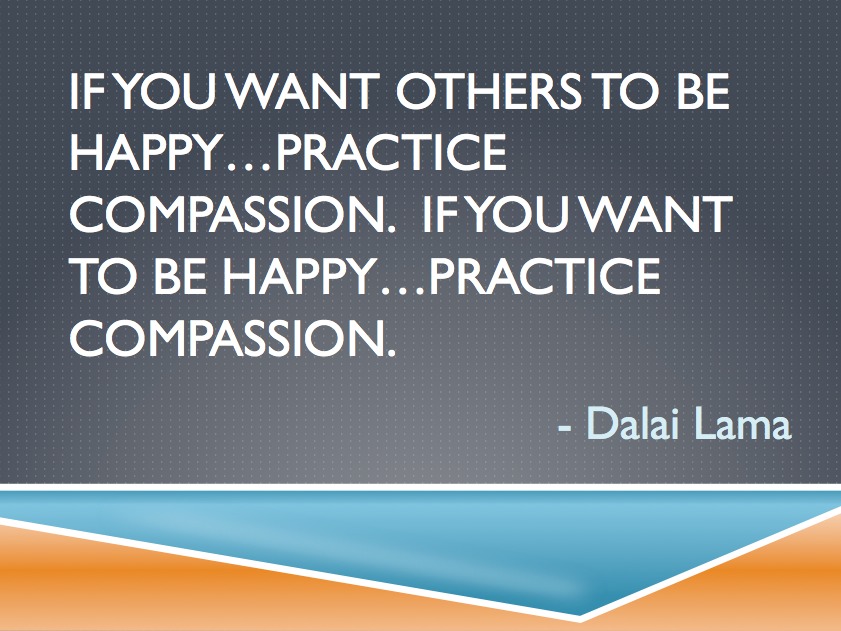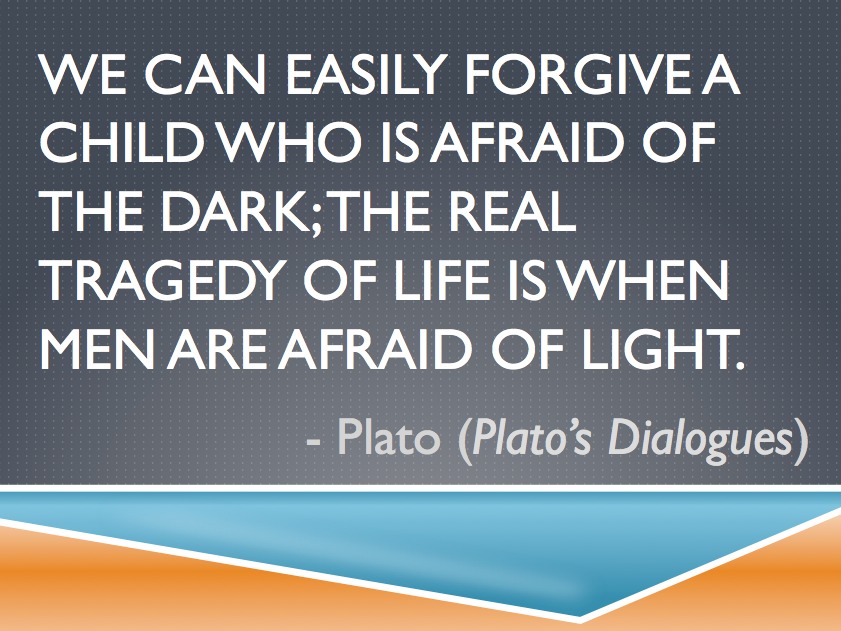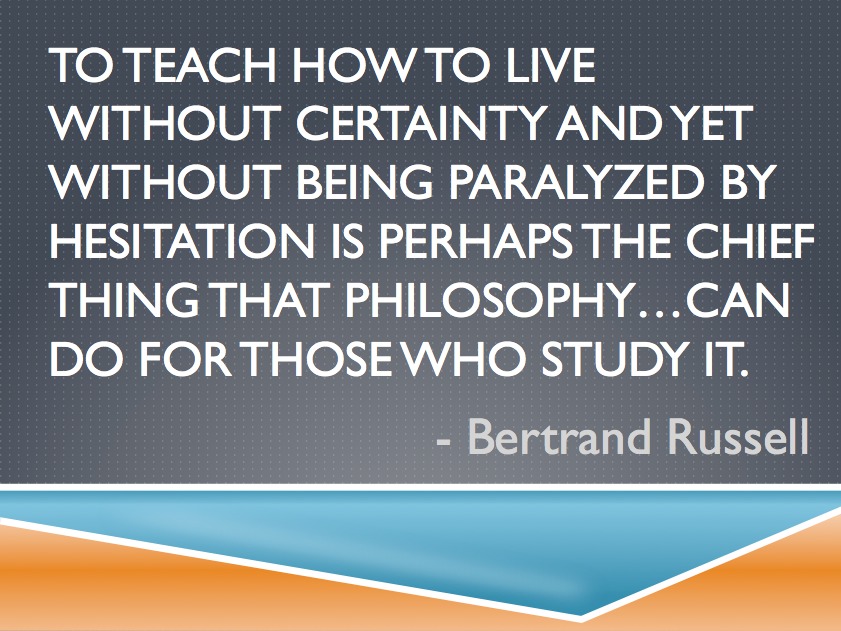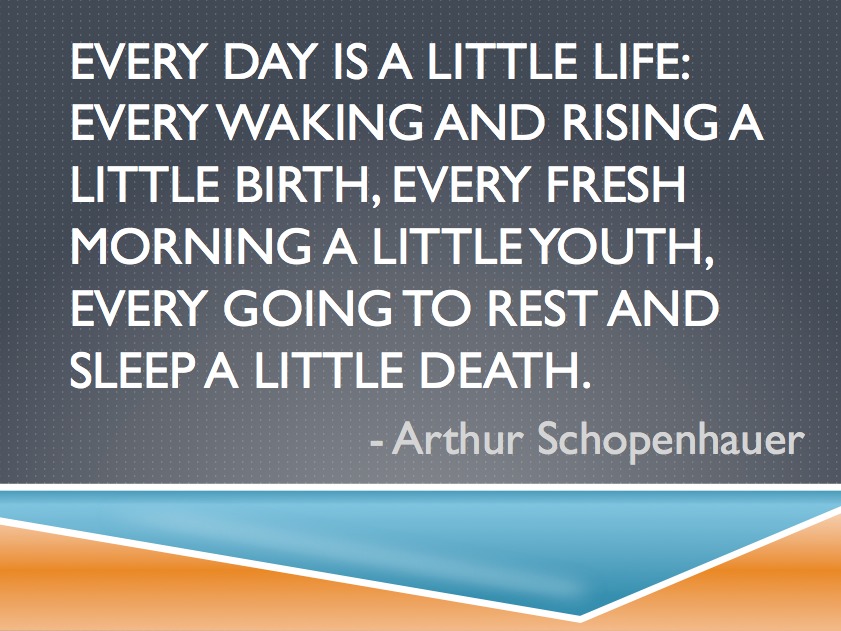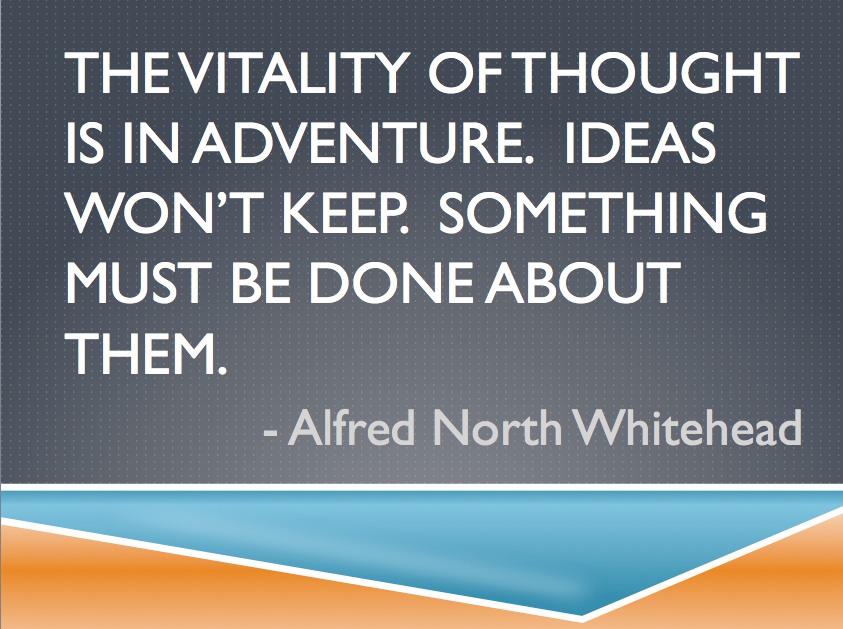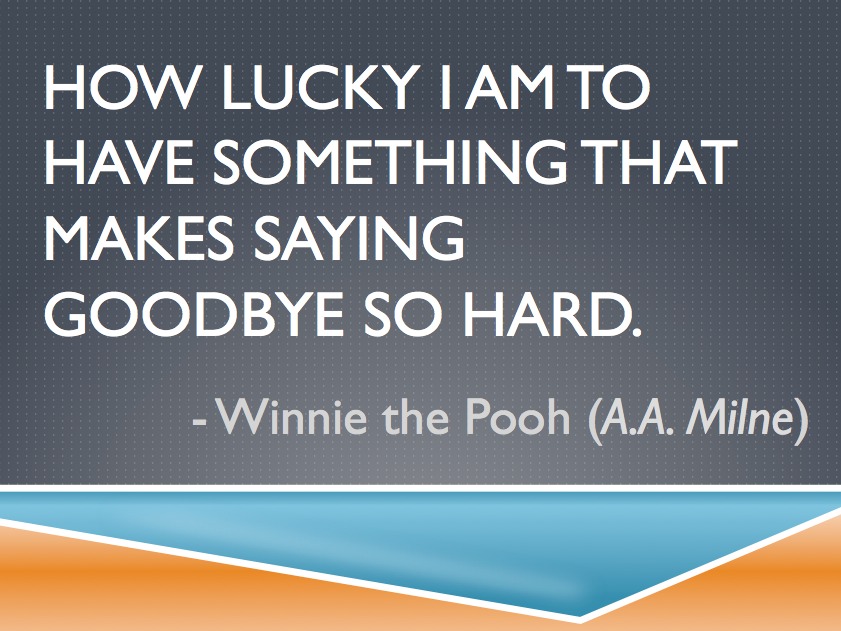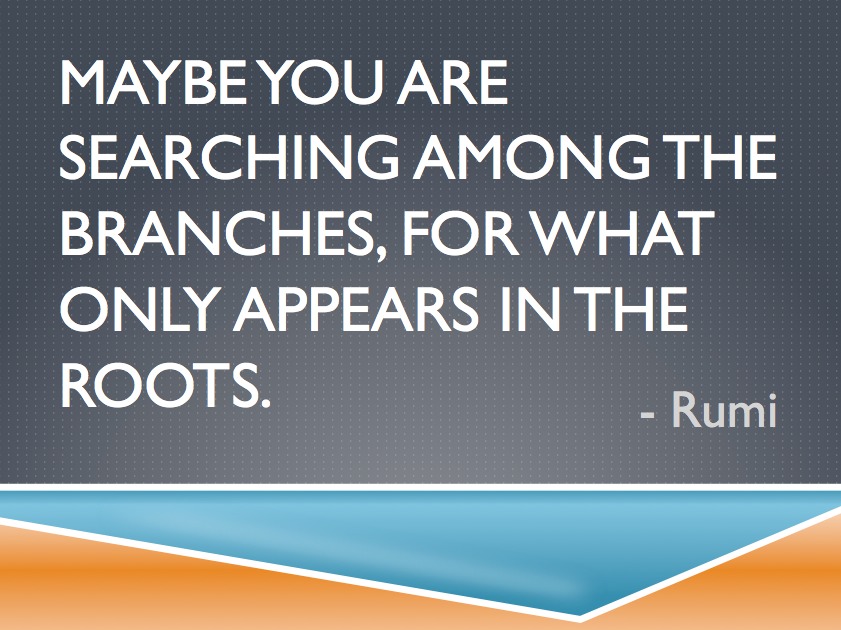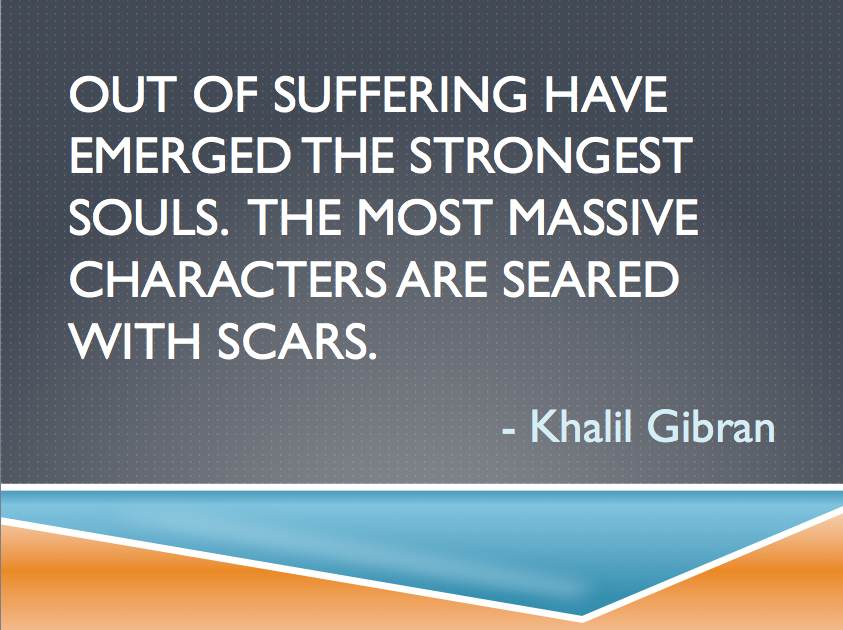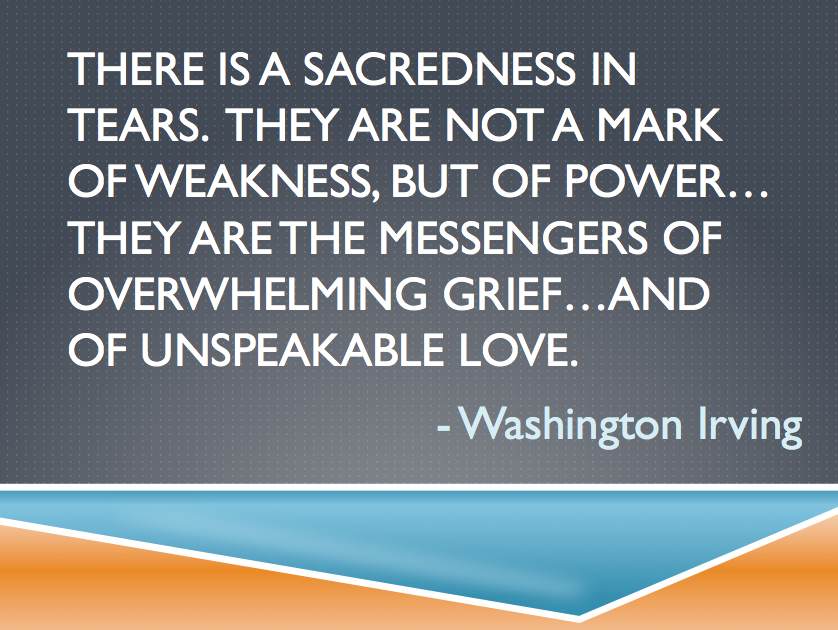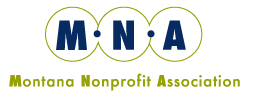Workshop Series: Reading Myths Philosophically (Session 2)
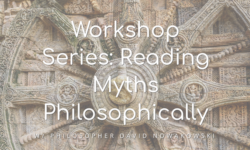
Myths—inspired stories which relate “things which never happened at any particular time, but which always are,” in one ancient author’s memorable phrase—have played an important role in wisdom traditions around the world. But the role of myth is often woefully misunderstood in our contemporary society, where myths are seen as mere fiction, falsehood, or silly stories that “other people” tell who are “too ignorant to do science,” the way “we” do. In this two-part series, we’ll try to recover a richer, more robust understanding of myth, with the help of some Platonist philosophers of the 3rd-5th centuries, who defended and explained mythic modes of knowing for an age, much like ours, in which elite opinion scorned traditional myths. Learn more & RSVP here.

